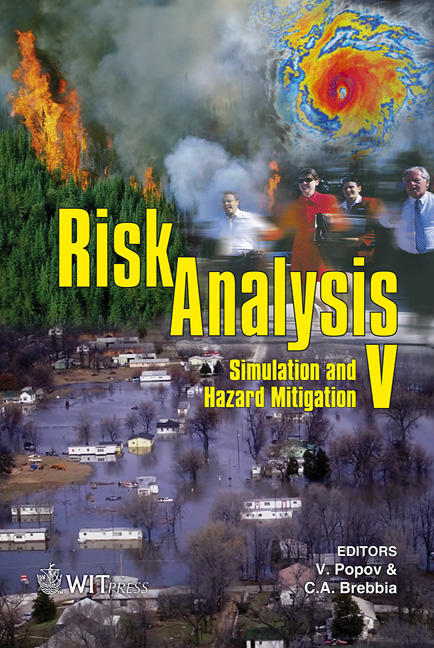The Dynamic Game Theory Methods Applied To Ship Control With Minimum Risk Of Collision
Price
Free (open access)
Transaction
Volume
91
Pages
10
Published
2006
Size
867 kb
Paper DOI
10.2495/RISK060281
Copyright
WIT Press
Author(s)
J. Lisowski
Abstract
This paper describes the application of elements of the game theory for the purpose of optimal control of some dynamic continuous processes. Using as an example the process of safe ship’s control, the paper presents the problem of applying a positional non-cooperative game of j objects for the description of the process considered as well as for the synthesis of optimal strategies. A mathematical model of differential game is formulated and its approximation in the form of a dual linear programming problem is used for the synthesis of safe ship’s trajectory as a multistage process decision. The considerations have been illustrated in an example of a computer simulation (the POSGAME programme) to determine the safe ship’s trajectory in a situation of passing many of the objects encountered. Keywords: differential games, positional games, dual linear programming, safety navigation, risk analysis, ship control. 1 Introduction In order to ensure safe navigation the ships are obliged to observe legal requirements contained in the International Regulations for Preventing Collision at Sea (COLREG). However, these Rules refer exclusively to two ships under good visibility conditions, in case of restricted visibility the Rules provide only recommendations of general nature and they are unable to consider all necessary conditions of the real process. Therefore the real process of the ships passing exercises occurs under the conditions of indefiniteness and conflict accompanied by an imprecise co-operation among the ships in the light of the legal regulations. Consequently, it is reasonable - for ship operational purposes - to present this process and to develop and examine methods for a safe steering of
Keywords
differential games, positional games, dual linear programming,safety navigation, risk analysis, ship control.





